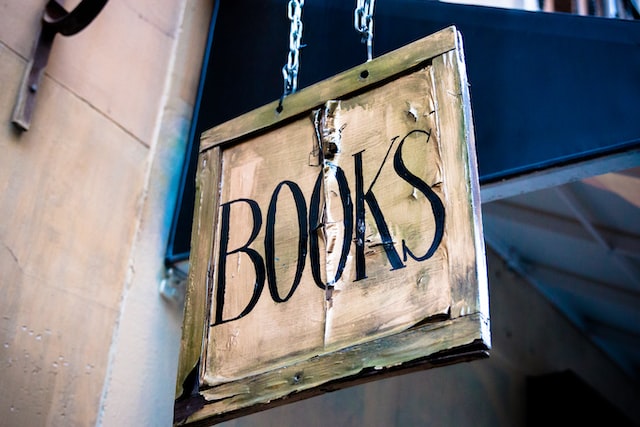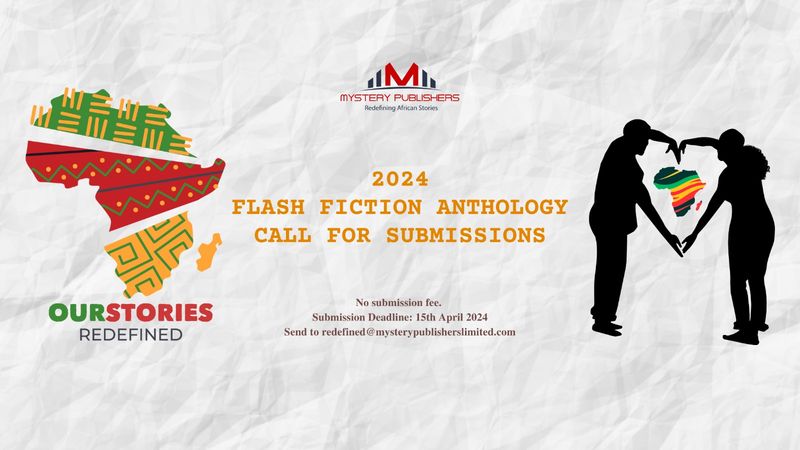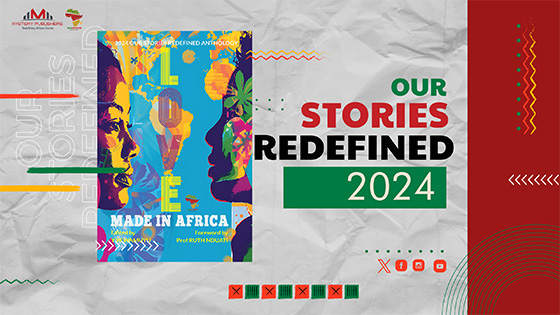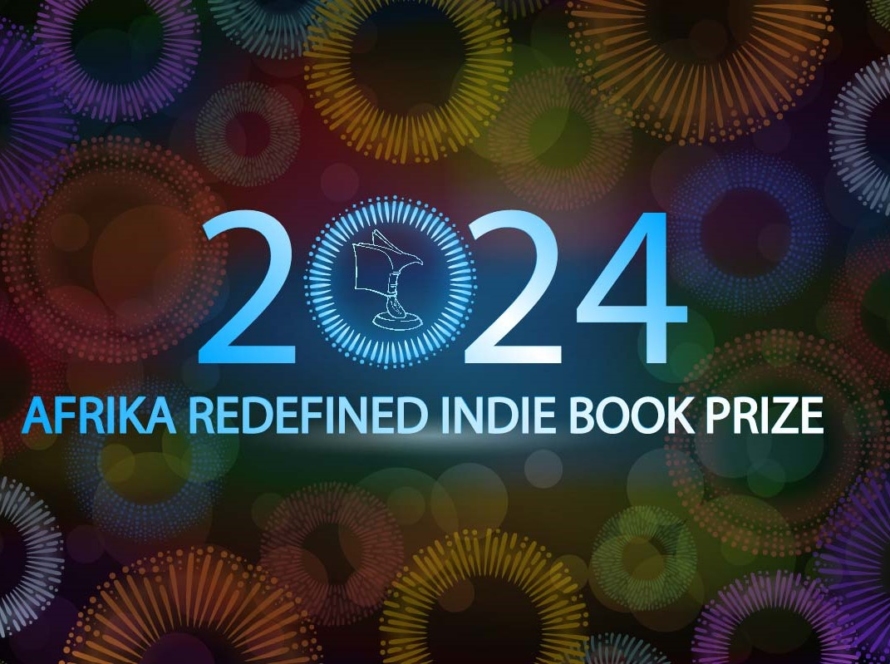With the growing popularity of self-publishing and digital publishing on platforms like Amazon Kindle, the conversation has focused on the importance of gatekeepers in publishing. A prevalent question remains: Do we still need gatekeepers?
Gatekeepers are the people or institutions that decide whether a product or message will reach the general population. In publishing, the gatekeepers are often traditional publishers and their editors, who, for the longest time, have been the sole determiners of whether a book is ‘good enough’ to reach the public.
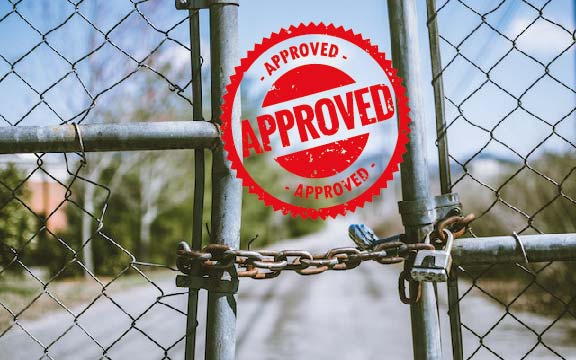
Traditional publishers receive and reject thousands of manuscripts depending on various factors, discouraging authors. Even when manuscripts are accepted, they can be so extensively modified that the authors barely recognise their work. The traditional publisher, a business like any other, can only publish what will sell.
Bypassing the gatekeepers has many benefits both for the author and for the reading public. It allows ‘riskier’ titles to reach people, books that traditional publishers would not touch. It allows readers to find books that challenge group thinking and stories about issues nobody openly discusses. Gatekeeping keeps readers within their comfort zones by publishing only what they know will be accepted unequivocally. In some instances, gatekeeping also contributes to censoring and modifying the narratives of a nation. In these ways, gatekeeping works against society.

On the other hand, gatekeeping has always protected readers from a slew of incoherent, misinformed, boring, tone-deaf, and generally terrible stories. The work that editors do, though often without thanks and in the background, provides a mechanism through which bad stories are filtered from the average and good stories. As gatekeepers, editors also help turn the average stories into good stories and the good ones into great ones. In short, editors read bad stories so you (the reader) don’t have to.
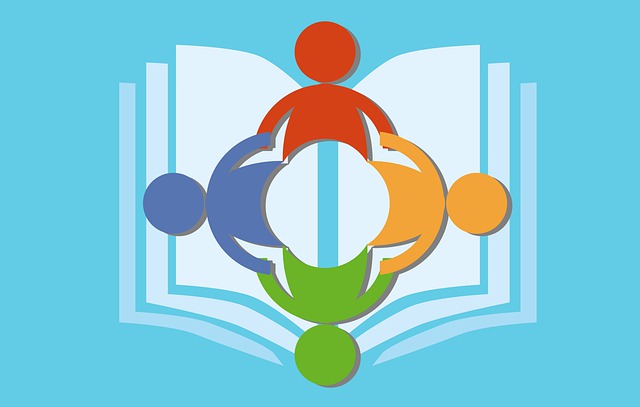
Without gatekeeping on the part of traditional publishers and with everybody armed with the ability to self-publish their own books, it can safely be conjectured that there will be an increase of badly written, badly edited, and badly produced books on the market. Another potential issue is the lowering of writing standards in general. When aspiring writers read more badly written books, they begin to write just as badly. When authors do not have to go through editors who will guide them on how to make their books better, they will have no more incentive to revise, rewrite, and better their manuscripts. The entire industry and its stakeholders will likely lower their standards collectively, and the reader will suffer.
Obviously, the debate about the merits and drawbacks of gatekeeping is not so cut and dried. As alternatives to traditional publishing become more and more popular, it remains to be seen how traditional publishers will adapt to the screen-focused environment of the digital age and which publishing options will offer the most mutual benefit to both the publishers and the authors as well as the greatest quality to readers.
Since gatekeeping helps ensure quality books and stories, it is worth having gatekeepers for independently published books.
